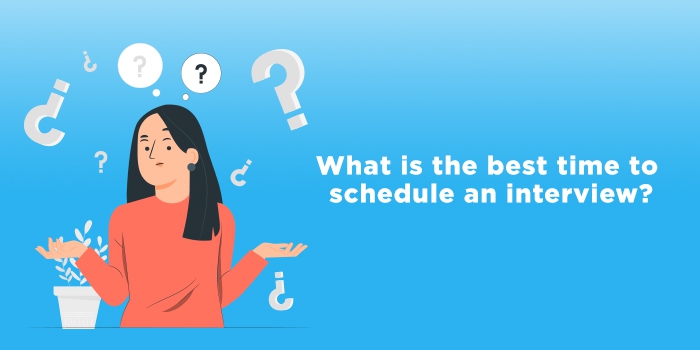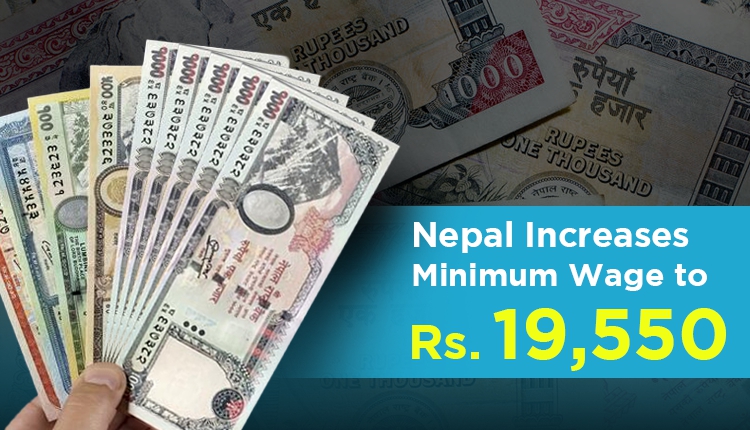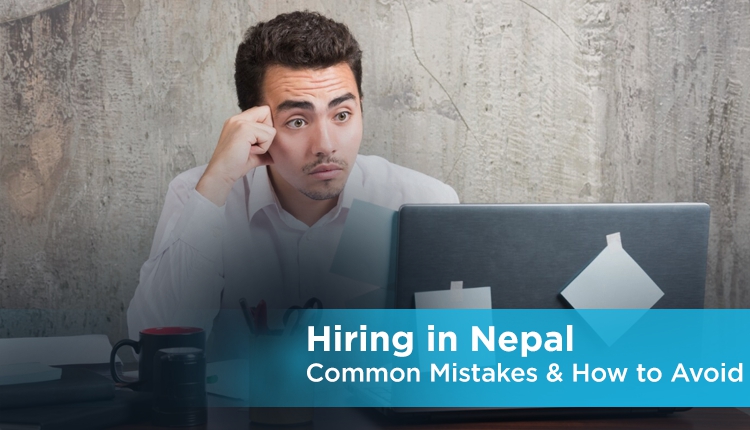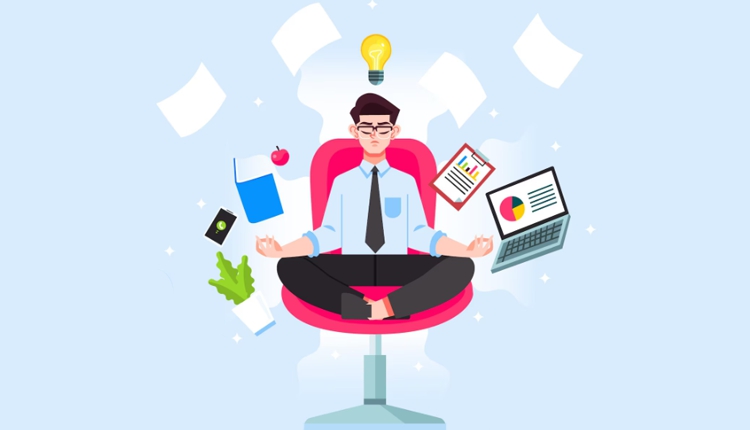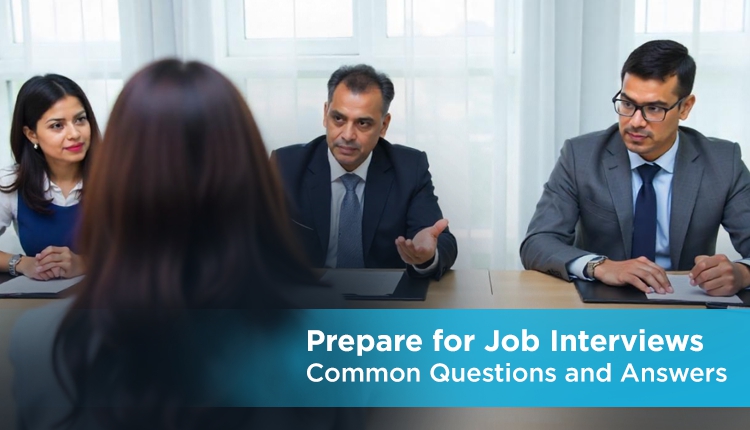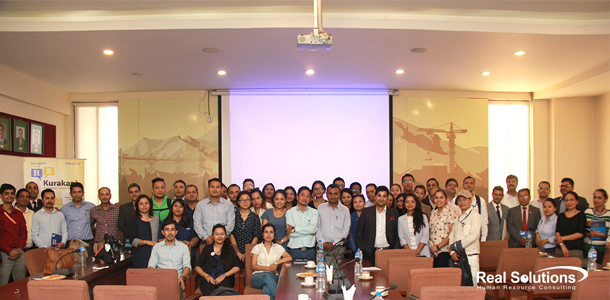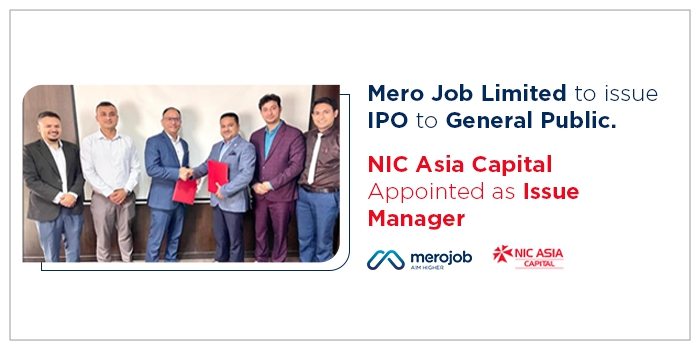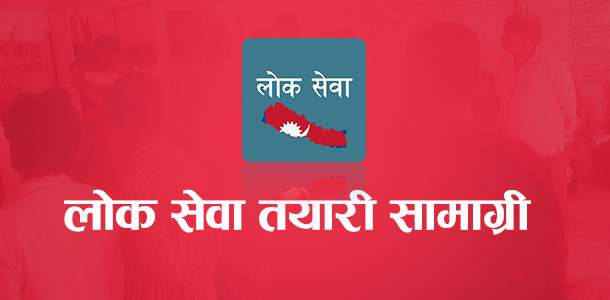Conducting an interview requires time, energy, and attentiveness. From having to get hold of the candidate to scheduling and conducting the interview it can be a long and hectic process. However, this process can be made much easier when you know the right time to reach out to the candidates and the right time to call them for an interview.
Our body has peak times for different activities, so it’s quite normal to assume we too have peak time for scheduling an interview. One of the top responsibilities and essence of HR along with enhancing employee competencies is handling the hiring process, which means having to conduct several interviews, phone calls in a day. So to get the best results managing time is essential. Here are the best timings to schedule an interview in the context of Nepal.
Mid-morning interviews ( 9 am - 11 am)
The most ideal time for job interviews is in the mornings, which is the hours between 9 am to 11 am. The mid-morning period gives the interviewer time to set the day's priority and settle in before the meeting. The farther you go into the day it's more likely you will have work priorities that will need attention.
By scheduling a mid-morning interview, you will not only be able to focus on the interview, but you will also have plenty of time to deal with your work responsibility later in the day. The energy levels peak in the morning and as the day goes by, energy levels start diminishing, briefly increase around the lunch hours and start dipping once again near the end of the day. So, the more alert you are, the better assessment you can make during the interview.
Morning interviews are usually the best choices for the candidates, as well. By getting the interview out of the way earlier in the day, the candidate won't be stressing about the interview all day. They'll also have the right amount of energy and won't be as tired in the morning.
Late-afternoon interviews ( After 4 pm)
Late afternoons, the time after 4 pm also make for a good time to hold an effective interview. The pre- or post-lunch slots may mean a distracted or lethargic HR. So as to play it safe the afternoon interviews after 4 pm would be best. When the interview falls right before lunchtime, the candidates, as well as the interviewer, would be eager to leave early and go out for the Nepalese staple meal ‘dal bhat’.
Candidates too are likely to prefer this timing much of the morning rush has dissipated, the day is inflow, and the distractions are generally few. Candidates who don't have time available in the morning can arrive during the afternoon timeslot. Some may have to take a long road to reach the interview destination. Others may be employed or studying, taking morning classes. So, arriving in the morning just may not be possible for them.
This is also a good afternoon timeframe because it isn't too close to lunch, meaning employers have enough time to come back from lunch and get into a work mindset again.
Avoid Monday morning and Friday afternoon
Monday and Friday can be problematic for most people for multiple reasons. Most companies these days tend to have holidays during Sunday as well, so employee’s work week begins from Monday. Therefore, Monday mornings are typically spent catching up with anything that happened over the weekend as well as preparing for the week ahead. No one would want to have intense long meetings first thing the day they return from a weekend.
Friday too can also be a slippery slope as everyone will be less focused on work and more focused on the weekend plans. Interviewers as well as the candidate themselves look for starting their weekends as soon as possible. So there is a chance that what would be an otherwise great interview will be interrupted, feel scattered, or go wrong simply because one or both parties are yearning to leave already.
Avoid before and after holidays
Arranging an interview right after a long holiday is like scheduling it on the ultimate Monday. Most people find it difficult to return to the peak of their productivity right after spending time away from work. Waiting a day or two gives the interviewer the chance to get back in the swing of things and catch up on all the tasks that were waiting for their return.
If possible, avoid scheduling meetings right before long holidays as hiring professionals will be distracted thinking about the holidays or festivals and it will be difficult for them to stay focused on the interview.
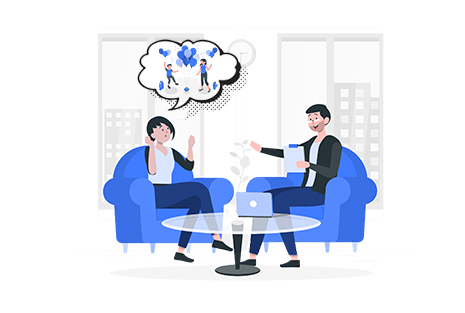
Ultimately, it may not always be possible to schedule your interview at the best time. Even if you end up having to conduct an interview at one of these less suitable times, at least you can be prepared for the possible challenges you might face and hopefully find ways to get past them.
If you are an employer with advice on the best time to schedule an interview then do share your expertise and experience in the comments below.
